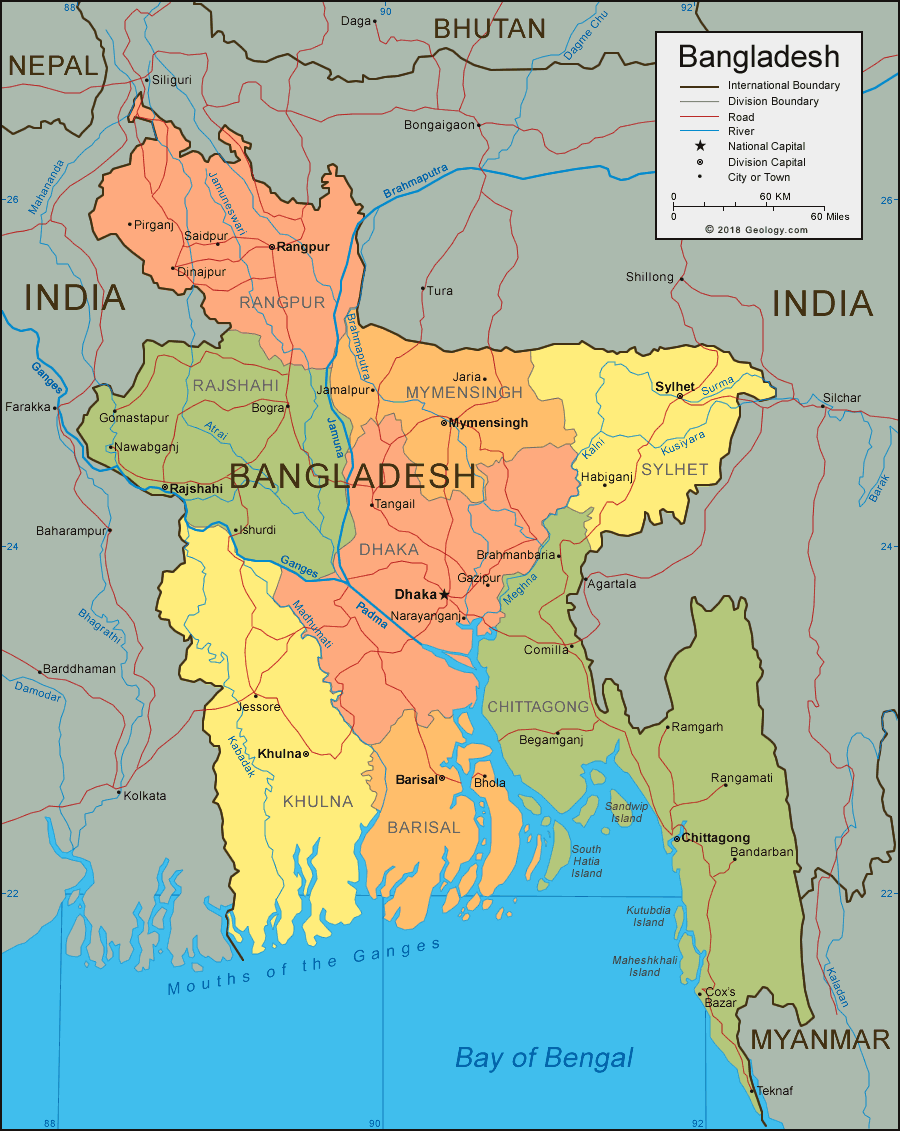
Bangladesh's Historic Achievement in UNESCO Leadership
Bangladesh has made a significant mark on the global stage by being elected as the president of the 43rd UNESCO General Conference. This achievement is a testament to the country's growing influence and commitment to promoting education, culture, science, communication, and information across the world.
The United Nations has expressed its congratulations to Bangladesh for this milestone, highlighting the nation's increasing role in shaping international policies and initiatives in key areas such as education, culture, and the sciences. This election reflects the trust and recognition that Bangladesh has earned among member states of UNESCO, an organization dedicated to fostering peace through intellectual and cultural cooperation.
A Historic Appointment
Khondker M Talha, the Ambassador of Bangladesh to France and Permanent Delegate to UNESCO, has been elected as the President of the 43rd General Conference. This appointment marks a historic moment for Bangladesh, as it is the first time the country has held this prestigious position within UNESCO. With over 50 years of membership in the organization, Bangladesh has steadily built its reputation as a responsible and active participant in UNESCO's mission.
Talha's election is not only a personal achievement but also a reflection of the country's dedication to advancing global educational and cultural goals. His leadership is expected to bring new perspectives and priorities to the conference, focusing on sustainable development, innovation, and the promotion of cultural heritage.
The Significance of the Election
This election underscores the importance of Bangladesh's contributions to UNESCO's objectives. Over the years, the country has participated actively in various programs and initiatives aimed at improving access to quality education, preserving cultural diversity, and promoting scientific research. The election of Talha as the president of the General Conference is a recognition of these efforts and the potential for future collaboration.
The 43rd UNESCO General Conference will bring together representatives from all member states to discuss and decide on the organization's strategic direction, budget, and program priorities. As the president, Talha will play a crucial role in guiding the discussions and ensuring that the voices of developing nations are heard and considered in the decision-making process.
Looking Ahead
With Talha at the helm, the conference is expected to focus on addressing some of the most pressing challenges facing the global community today. These include the need for inclusive education, the promotion of digital literacy, and the protection of cultural heritage in the face of rapid technological change.
Bangladesh's leadership in this role is also seen as an opportunity to strengthen regional cooperation and share best practices with other countries in South Asia and beyond. The country's experience in implementing education and cultural programs can serve as a model for others seeking to improve their own systems.
Conclusion
Bangladesh's election as the president of the 43rd UNESCO General Conference is a proud moment for the nation and a significant step forward in its journey as a global leader. It highlights the country's commitment to fostering international cooperation and promoting the values of education, culture, and science. As the conference approaches, the world will be watching closely to see how Bangladesh contributes to shaping the future of UNESCO and the global community.
0 Response to "Bangladesh Honored as UNESCO General Conference President"
Post a Comment